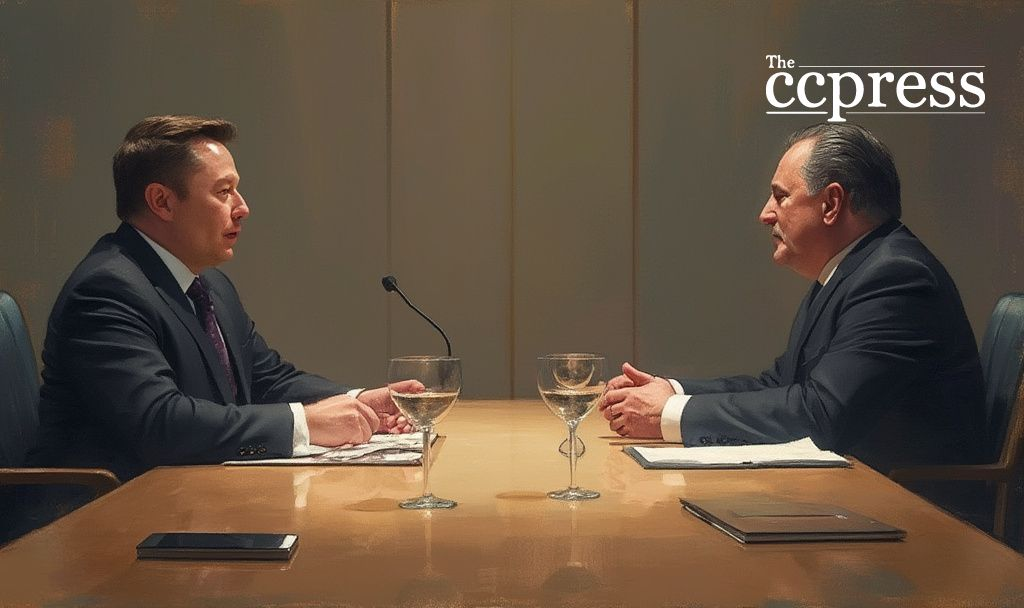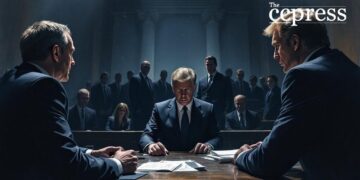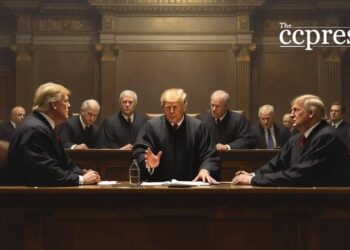- Elon Musk proposes zero-tariff trade between U.S. and Europe.
- No direct funding initiatives linked yet.
- Historical comparisons with NAFTA and similar agreements.

Musk’s proposal underscores the potential for enhanced economic integration and reduced trade barriers, amidst President Trump’s recent tariffs.
Potential Impact on Trade and Workforce
Elon Musk’s proposal for a zero-tariff trade zone emphasizes removing barriers between the U.S. and Europe. The proposal follows recent 20% tariffs on EU goods. Musk suggests free movement for workers across the Atlantic, fostering economic growth.
Musk is actively involved as CEO of Tesla and SpaceX and holds an advisory role under President Trump. His proposal, made during a League Party Congress, reflects his continuous support for deregulatory policies in international trade. Elon Musk stated, “Both Europe and the United States should move, ideally, in my view, to a zero-tariff situation, effectively creating a free-trade zone between Europe and North America.” – Business Insider
Historical Context and Market Reactions
The proposed zero-tariff zone could significantly impact industries by easing trade restrictions, promoting economic ties. While financial markets initially show no direct response, long-term volatility in trading activities may occur, potentially impacting the cryptocurrency sector.
Historically similar trade agreements, such as NAFTA, have led to increased trade volumes and economic integration. U.S. and European leaders express concern over trade tensions, advocating dialogue over retaliatory tariffs to safeguard global market stability.
Future Prospects and Economic Implications
Market impacts remain uncertain; however, increased trade activities could influence market positions and industry norms. Cryptocurrency could serve as a hedge against trade instability, yet definitive impacts require further observation and analysis.
The proposal’s financial, regulatory, and technological implications are yet to fully materialize. Historical trends suggest market players may adapt to any changes in trade policies. Musk’s influence could guide future government negotiations and technology-driven trade approaches.


























